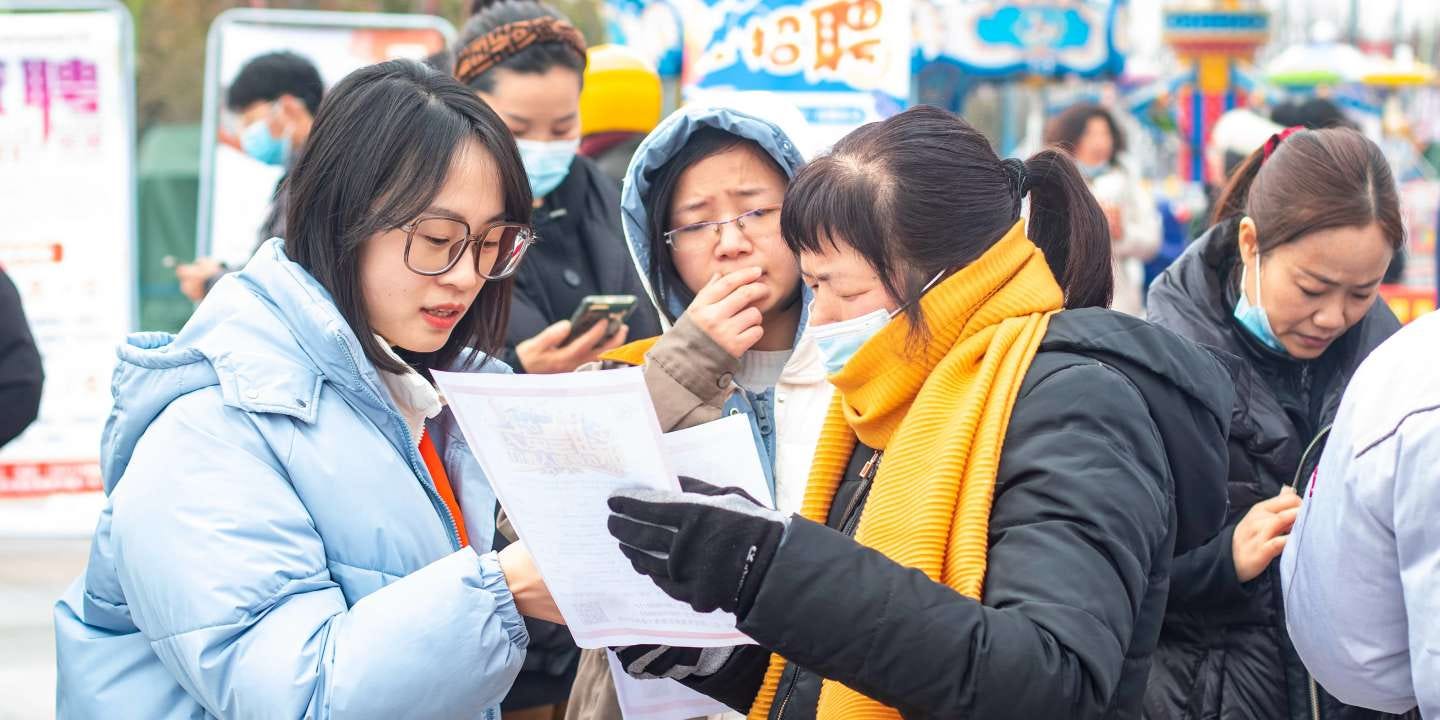More Than 1 in 5 Young Chinese Are Unemployed – Xi Jinping’s Sacrificed Generation.
The "Chinese dream" brandished by President Xi Jinping is in trouble.
Standing on a low wall in front of the prestigious University of Aeronautics and Astronautics in Nanjing, a group of young female students is about to return to their dormitory. “We spend our days hanging out and watching videos online," Fang grins. We should be using our free time to do fun things or study, but our hearts are not in it anymore.”
The bri…
Keep reading with a 7-day free trial
Subscribe to Sylvain Saurel’s Newsletter to keep reading this post and get 7 days of free access to the full post archives.




